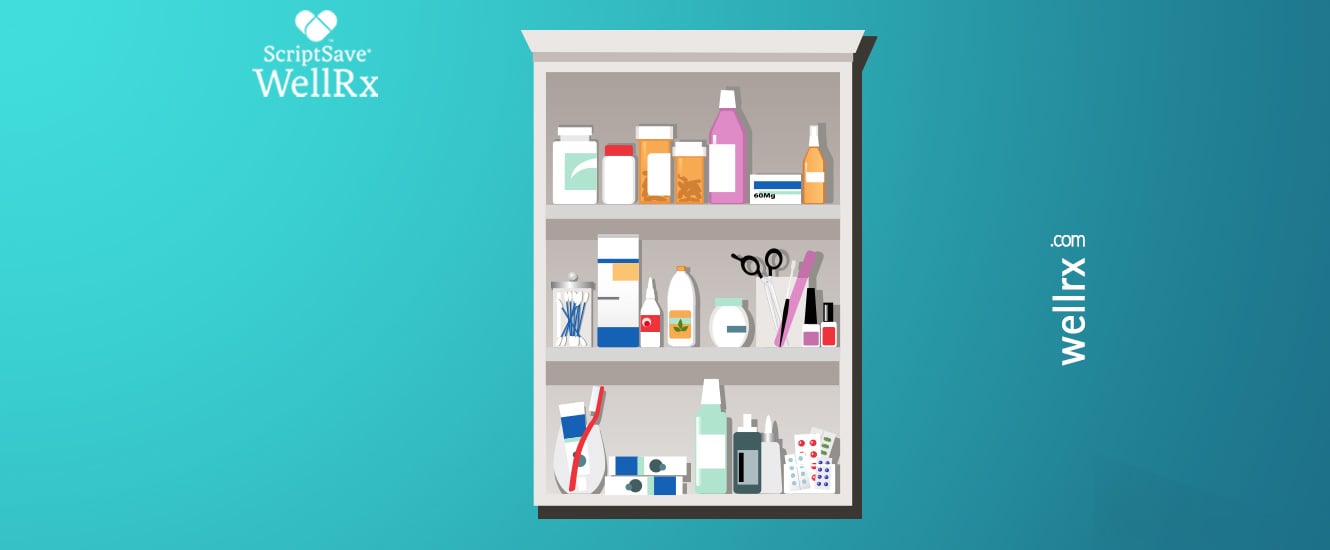Low back pain is one of the most common conditions that bring people in to see their healthcare providers, and about 40 percent of adults will experience low back pain at some point in their lives.
When it comes to treating low back pain, the numbers talk. A recent study published in the Journal of the American Medical Association (JAMA) shows that low back and neck pain accounts for the largest amount of healthcare-related spending in the United States compared to 153 other health conditions, with Americans spending more than $134 billion dollars annually on these conditions.
Some treatment options, such as muscle relaxants and other medications, can be less expensive than more invasive therapies like targeted injections and other procedures.
Read on to learn more about muscle relaxers and other medications used to treat low back pain.
A muscle relaxant medication targets the skeletal muscles, which are the types of muscle cells at issue when it comes to low back pain. Muscle relaxants can provide both analgesia (pain relief) and a degree of muscle relaxation, which can reduce muscle spasms.
Many types of muscle relaxants are available. Common muscle relaxers include cyclobenzaprine, methocarbamol, carisoprodol, baclofen, metaxalone, and tizanidine. Generally, a muscle relaxant is prescribed in addition to a nonsteroidal anti-inflammatory (NSAID) medication, and it is usually used as second-line therapy after an initial trial of just an NSAID.
Muscle relaxants can cause sedation, so they are generally not prescribed in combination with other sedating medications. If you are taking a muscle relaxant, you should not operate heavy machinery (including a motor vehicle) or perform other activities that would be dangerous if you were to fall asleep. This side effect tends to be more pronounced in older adults, so muscle relaxants are used with extreme caution in those 65 years of age and older.
If you are prescribed a muscle relaxant to help with low back pain, make sure to use ScriptSave® WellRx to save up to 80% at the pharmacy.
An NSAID, also known as a nonsteroidal anti-inflammatory medication, is one of the initial mainstays of treatment of low back pain. Commonly used NSAIDs include ibuprofen and naproxen. These medications are available over the counter, and they can also be prescribed. Make sure to take them with food, and in coordination with any other guidelines from your healthcare provider, as they can have significant renal, cardiovascular, and gastrointestinal side effects.
When it comes to treating low back pain, other non-NSAID over-the-counter pain relievers, such as Tylenol (acetaminophen or paracetamol), have not shown much success. However, if no other medication can be safely taken because of allergies or other health problems, a medicine like acetaminophen may still be worth a trial.
Stronger pain medications, such as opiates, or tramadol, have historically been used to treat low back pain; however, the evidence for their effectiveness is mixed. Many clinicians no longer prescribe opiates for low back pain because of the profound risks involved with the entire medication class.
A topical medication that is applied to the skin, instead of being taken by mouth, may also sometimes be used for treatment of low back pain. These medications can be useful because they provide targeted therapy at the exact site of the pain and may not have as many associated side effects as medications that are taken by mouth and processed by the liver.
Topical NSAIDs, such as diclofenac (Volteran) gel, have been found to be efficacious in helping improve low back pain. Other topical medications, such as capsaicin cream, or lidocaine (Lidoderm) patches, may also be effective.
The above medications, paired with heat/cold therapy, massage, gentle activity, and avoidance of bed rest, can be very effective at managing low back pain. Most low back pain will resolve before 6 weeks. If you have back pain that persists beyond this or worsens, or if you have new concerning associated symptoms (such as a fever, weight loss, numbness or weakness of the legs, problems walking, or bowel or bladder changes), check in with your healthcare provider immediately.
Libby Pellegrini is a nationally certified physician assistant. She currently works in emergency medicine where she sees and treats a broad spectrum of illnesses across all age ranges. She holds a journalism degree from Northwestern University.
References:
www.ncbi.nlm.nih.gov/pubmed/25395111
jamanetwork.com/journals/jama/article-abstract/2762309
www.ncbi.nlm.nih.gov/pmc/articles/PMC4103716/
www.ncbi.nlm.nih.gov/pubmed?term=27271789
www.health.harvard.edu/blog/opiates-no-solution-back-pain-201606209821
jamanetwork.com/journals/jama/article-abstract/2492858?widget=personalizedcontent&previousarticle=2762309
www.ncbi.nlm.nih.gov/pubmed/21104944
medlineplus.gov/ency/article/002119.htm













 Store & manage your medication list
Store & manage your medication list Medication pricing updates
Medication pricing updates Pill & refill reminders
Pill & refill reminders Medication journal & mood log
Medication journal & mood log